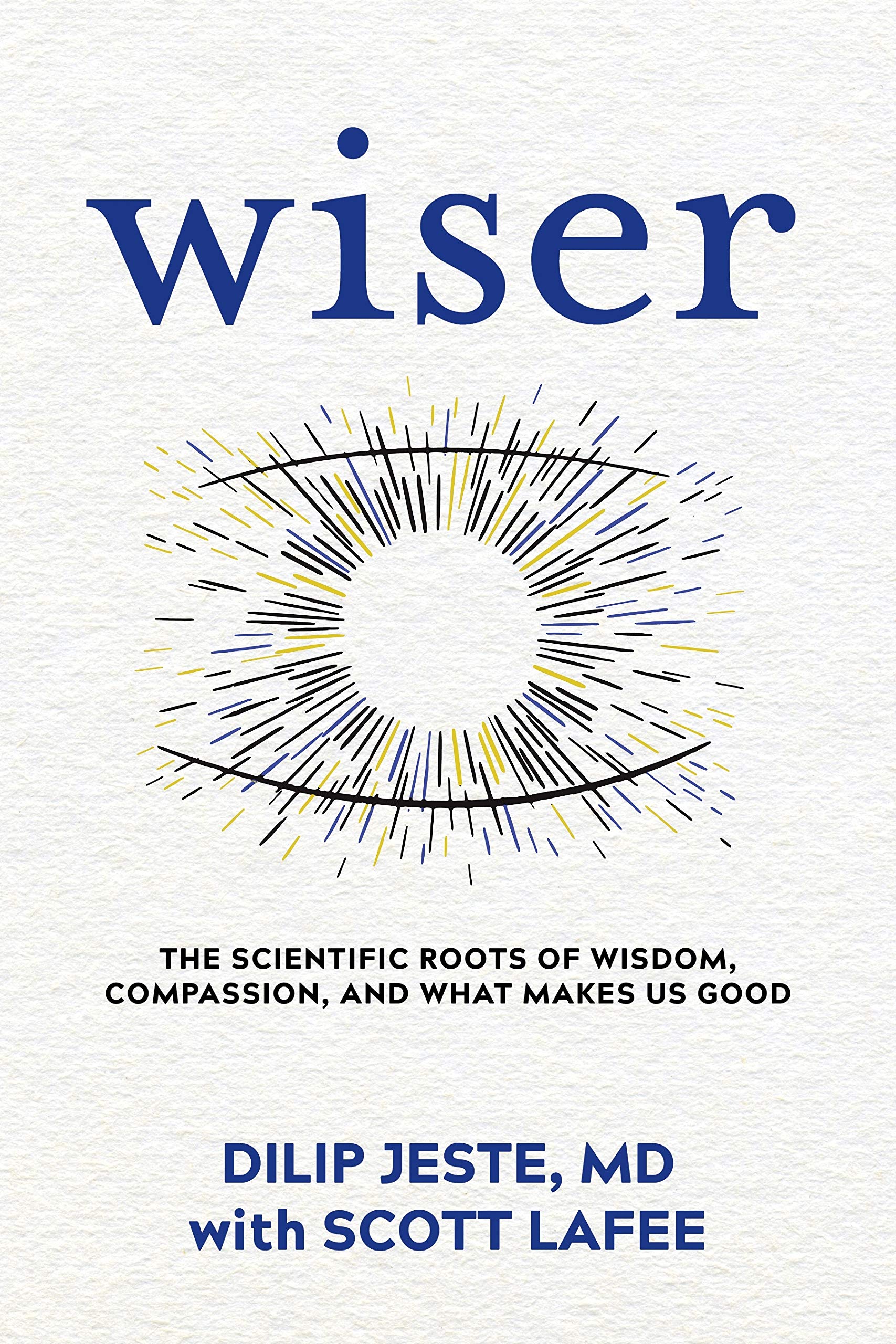No single component of wisdom or becoming wise is more essetial than prosocial behavior, doing things that benefit others or the society as a whole (and thus, you too). These are driven by traits like empathy, compassion, and altruism. To repeat the definitions of these terms, empathy is the ability to understand and share the feelings and thoughts of another, compassion involves translating empathy into helpful behavior, and altruism refers to actions to help another person without expecting any external rewards.
Humans are social animals. By and large, we do not fare well alone — at least not for any significant length of time. We need the presence of people, a fact we ignore at our own peril as we invent new ways to not spend time with others, from gated communities and nursing homes to online shopping, Netflix, and countless cell phone apps that do not require you to actually look at or physically speak to another person.
Among teens, according to a 2015 Pew Research Center survey, 58 percent texted friends via smartphone as their preferred means of communication. Only 10 percent favored phone calls. Young adults between the ages of 18 and 24 exchange an average of 109.5 messages on a normal day, or roughly 3,200 texts per month.
There is a certain irony here. In 2020, the phrase “social distancing” assumed widespread familiarity as countries, governments, and communities sought to slow and halt the spread of the novel coronavirus, which causes the respiratory disease COVID-19. Social distancing in the time of coronavirus required standing at least six feet from other people—the estimated space required for exhaled droplets to fall harmlessly to the ground. As a public health tool for battling viral spread, it was and is effective. But what we’re really talking about here is not social, but rather physical distancing.
The need to socialize with others is especially critical in difficult times. We need one another for support, guidance, advice, and wisdom. So there’s an extra dash of irony in that while we often bemoan the excessive use of devices and social media, fingers wagging at millennials and young people, the ability to call, text, email, FaceTime, Skype, Zoom, and more helped everyone better cope when we were compelled to remain physically distant. When physical closeness was prohibited, virtual closeness through technology became the primary vehicle for social connectedness.
But to live and do well in groups means knowing how to get along with numerous individuals around you, literally or not, related or not. This is perhaps more challenging to achieve than ever before. We are, if we allow ourselves to be, exposed to many more kinds of people, many more diverse cultures, societies, and points of view. True wisdom and grace require an open mind and heart. Prosocial behaviors ensure individual benefits through the common good.
In his 2015 book The Altruistic Brain, Donald Pfaff, a professor and neurobiologist at Rockefeller University, writes that human beings are “wired” to be good in the same way we are “wired” to acquire natural language. Pfaff believes we are inherently more inclined to be philanthropic than self- serving.
The argument is based on what Pfaff calls the “altruistic brain theory,” which says the brain processes altruism in steps, all rooted in basic, well- understood neurocognitive mechanisms that have evolved to promote prosocial behavior.
Again, the idea is an artifact and necessity of evolution: Humans are born “prematurely” in comparison to other apes and animals. Human young require lots of care over many years, which in turn demands the involvement of lots of people, from parents to grandparents to distant kin and surrounding communities—it takes a village.
As a result, to quote the developmental psychologist Michael Tomasello as Pfaff does: “To an unprecedented degree, Homo sapiens are adapted for acting and thinking cooperatively in cultural groups, and indeed all of humans’ most impressive cognitive achievements— from complex technologies to linguistic and mathematical symbols to intricate social institutions—are the products not of individuals acting alone, but of individuals interacting.”
In other words, we’re predisposed to doing the right thing for others because it’s generally the best thing for all.
Promoting the common good and rising above self- interests are recognized by diverse cultures, old and new, as essential components of wisdom. Prosocial attitudes and behaviors such as empathy, compassion, social cooperation, and altruism have been esteemed and emulated throughout recorded history.




